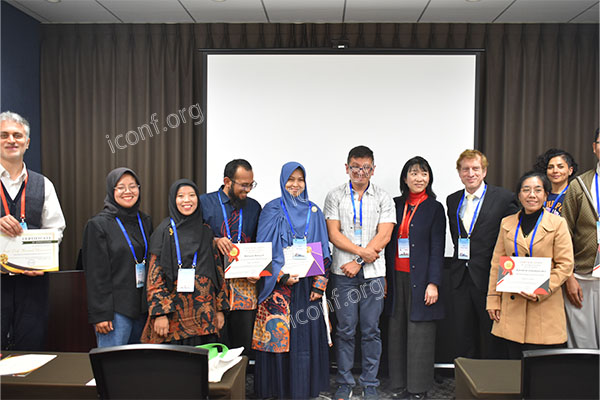In today’s rapidly evolving scientific landscape, Environment Sciences and Technology has become a critical field, offering researchers numerous opportunities to showcase their innovative work. If you're an academic looking to contribute to this area, understanding the call for papers (CFP) process is key to getting your research published and recognized.

A Call for Papers is an open invitation from academic conferences, journals, or organizations for researchers to submit their work for presentation or publication. In the field of Environment Sciences and Technology, CFPs are issued by international conferences, journals, and research bodies seeking original studies on topics such as:
Climate change solutions
Sustainable technologies
Renewable energy systems
Waste management innovations
Environmental policy and governance
Green chemistry and material sciences
Responding to a CFP allows you to present your work to a global audience, gain academic recognition, and contribute to solving some of the world’s most pressing environmental challenges.
When looking for the right CFP in Environment Sciences and Technology, consider the following:
Reputation of the conference or journal
Choose conferences organized by established institutions and journals indexed in major databases like EI, Scopus, or Web of Science.
Submission deadlines and review process
Check deadlines and the peer-review structure. High-quality venues have a transparent, double-blind review process ensuring academic rigor.
Publication impact
Target CFPs that lead to publications with high citation potential and visibility within the environmental sciences community.
For a curated list of upcoming conferences in Environment Sciences and Technology, visit platforms like iconf.com, where you can explore relevant events and submission guidelines tailored for your research needs.
Publishing in this field not only enhances your academic profile but also positions you as a thought leader driving innovation in sustainability. Your work can contribute to policies, industry practices, and technological advancements aimed at creating a more resilient and sustainable future.